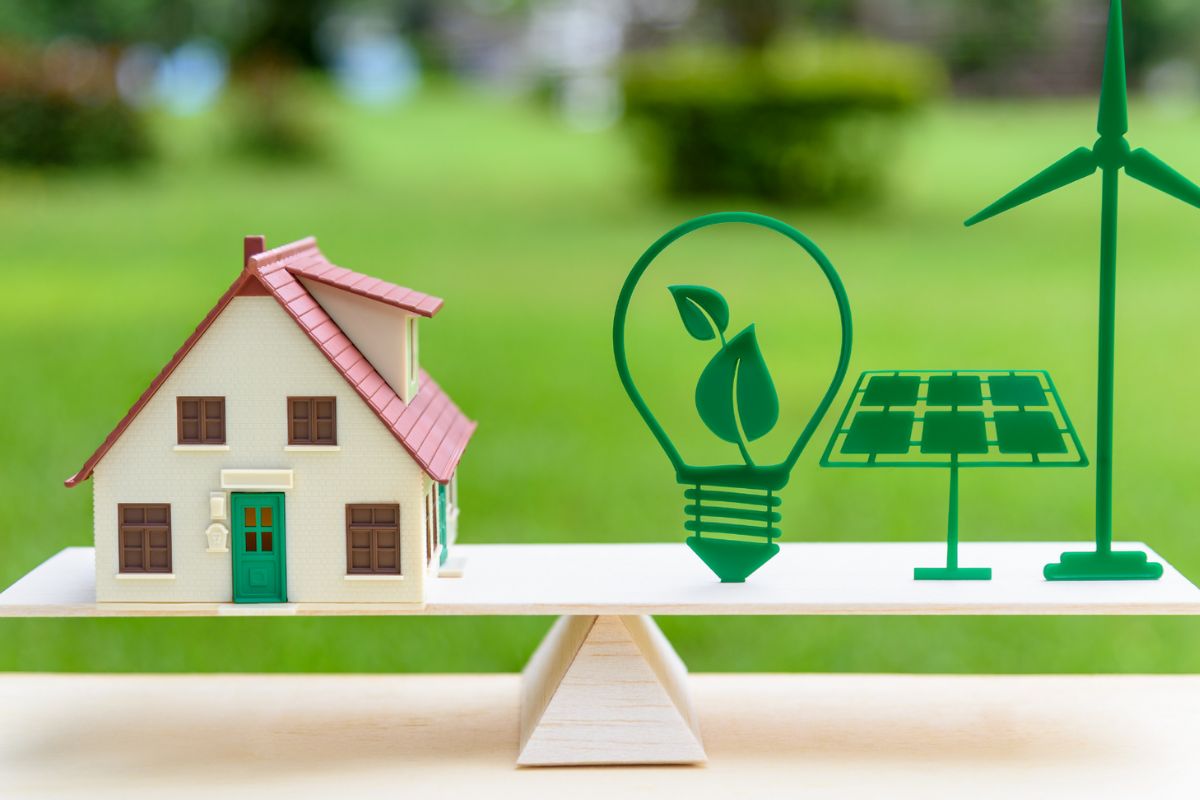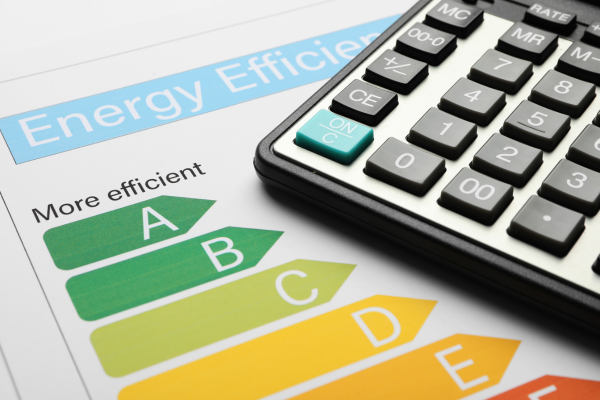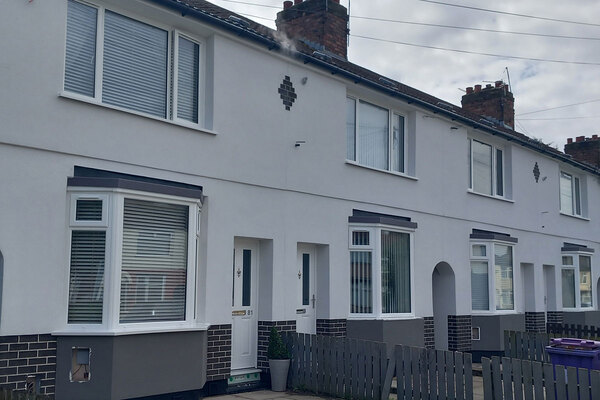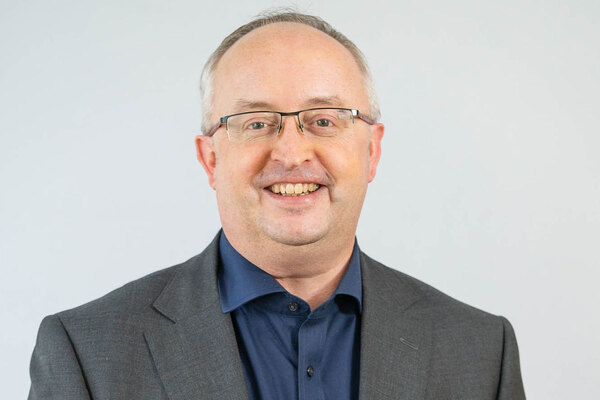New study shows how Brighton & Hove can decarbonise its energy system
A new study, a first for the city, sets out how Brighton & Hove can fully decarbonise its energy system, with energy-efficient and low carbon homes, businesses and transport.
The Decarbonisation Pathways Study, commissioned by Brighton & Hove City Council looks in detail at how the city can change to low carbon energy systems by delivering high-impact projects.
Low carbon energy can replace technologies or processes that use fossil fuels, such as gas, petrol and diesel in travelling, homes, shops, businesses and public services.
The city currently emits around 800,000 tonnes of CO2 or equivalent greenhouse gases, and the lion’s share of these emissions come from domestic heating and transport. Most homes (86%) are heated by gas, mostly through gas boilers, and 97% of cars are still petrol or diesel.
The study identifies 110 priority projects, including rooftop solar panels, energy efficiency improvements to homes and businesses, more EV charging and rollout of heat networks and heat pumps.
Councillor Tim Rowkins, Cabinet member for Net Zero and Environmental Services, said:
“Transitioning to a low carbon energy system is essential, not just to reach net zero and limit the impact of the climate crisis, but to reduce bills for our residents and improve lives in the city.
“It also presents big economic opportunities, with new skills needed and the potential to create around 2,500 jobs.
“To achieve all this, we first need to understand in detail how energy is used around the city and establish an evidence base from which to plan the key projects. Thanks to this study, we now have what we need. It identifies 110 priority projects, and we are now developing a programme of work with our new net zero team and working with partners to identify appropriate sources of investment.”
Latest figures from 2022 show that 13.2% of households in Brighton & Hove are in fuel poverty – that’s more than 16,500 households, and a 2% increase, reflecting the energy price rise. The study considers the affordability of energy for Brighton & Hove residents as part of the transition.
For the first time, the Decarbonisation Pathways Study shows the scale of the challenge. To reach net zero carbon, the city would need:
- 105,000 domestic properties to have fabric improvements such as insulation or double glazing: 40% of domestic properties currently have uninsulated solid walls and up to 80% may need a glazing upgrade
- 73,000 heat pumps installed
- 44,000 properties connected to a low-carbon heat network
- 10,000 publicly available EV chargers installed (on-street and in car parks and park & ride locations)
- 74MW of solar power capacity (the existing installed capacity is around 15MW)
Specific priority projects suggested by the study include:
- City centre heat network covering Churchill Square area and Kemptown
- Heat pumps in Whitehawk and Woodingdean
- Retrofit of retail and office buildings in central Brighton
- Rooftop solar in Portslade and Brighton Marina
- Domestic property retrofit in Moulsecoomb, Upper Lewes Road, Coombe Road, Hanover, Aldrington and Portslade
Brighton & Hove City Council say they are gearing up to take advantage of government initiatives such as Great British Energy, a new publicly owned company, which will deliver clean power by co-investing in leading technologies, the ‘solar rooftop revolution’ strategy to deliver solar power to homes, and the Warm Homes Plan that offers grants and low interest loans to support investment in insulation, solar and low carbon heating.
The council is also developing mechanisms to bring in large scale private investment to help deliver some of the bigger infrastructure projects, as well as working with UK Power Networks to ensure the city has the right grid capacity and flexibility.
Working towards carbon net zero is part of the Council Plan to deliver an accessible, clean and sustainable environment.
Our cities, placemaking, living and the net zero challenge programme was supported by E.ON, Equans and Mears



